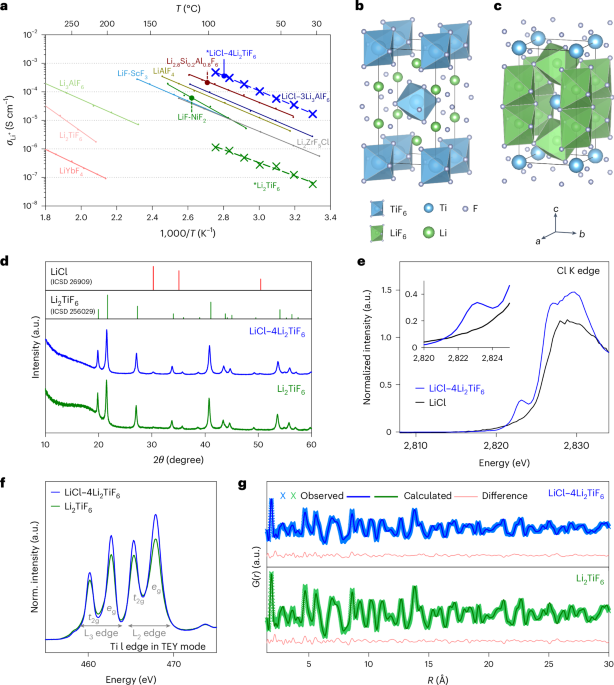The pursuit of high-capacity all-solid-state lithium batteries operating above 5 volts has been stymied by electrolyte instability, a critical barrier in advancing energy storage technologies. This limitation not only affects battery performance but also constrains the potential applications in electric vehicles and renewable energy systems, where higher voltage translates to greater efficiency and energy density. The introduction of a fluoride shielding layer, specifically LiCl-4Li2TiF6, marks a significant breakthrough, as it combines oxidative stability with enhanced lithium ion conductivity, addressing the core challenges associated with high-voltage battery systems.
The findings suggest that the innovative use of the fluoride layer could revolutionize the design of solid-state batteries, enabling them to operate safely at elevated voltages without compromising performance. This advancement not only paves the way for more efficient energy storage solutions but also has broader implications for the future of sustainable energy technologies. By enhancing the stability and capacity of solid-state batteries, the research underscores the potential for significant improvements in battery longevity and safety, crucial factors for widespread adoption in various high-demand applications.







